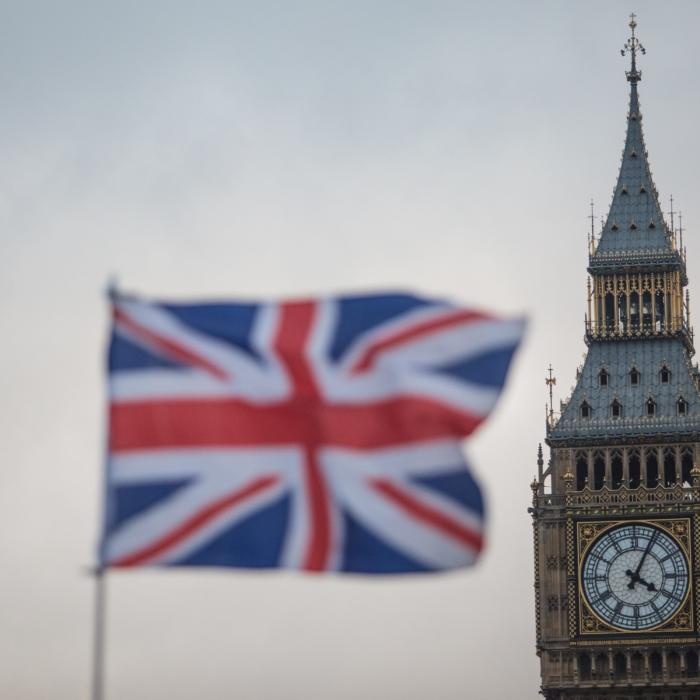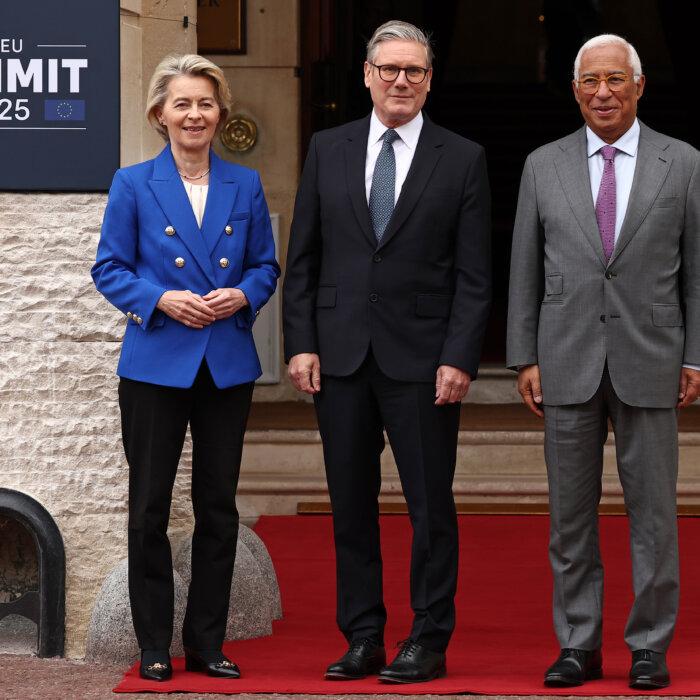A new UK–EU political agreement on Gibraltar has introduced a “fluid border” and a bespoke customs arrangement, ending four years of negotiations over the post-Brexit future of the British overseas territory.
At the core of the agreement, announced on Wednesday, is the removal of passport or customs checks at the Gibraltar–Spain border, maintaining the flow of around 15,000 cross-border workers daily.
Dual controls at the airport and seaport will allow for Schengen-compliant entry checks by Spanish officials, while Gibraltar retains its own immigration and policing authority.
Sovereignty Concerns
The agreement was jointly announced by Foreign Secretary David Lammy, Gibraltar’s Chief Minister Fabian Picardo, Spanish Foreign Minister José Manuel Albares, and EU Commissioner Maros Sefcovic.The parties have agreed to a sovereignty clause confirming that the UK’s authority over Gibraltar remains unchanged.
Speaking in the House of Commons on Thursday, Lammy said the clause ensures there are “no questions” about Gibraltar’s sovereignty and its relationship with the UK.
Shadow foreign secretary Priti Patel said, “Gibraltar is British, and given Labour’s record of surrendering our territory and paying for the privilege, we will be reviewing carefully all the details of any agreement that is reached.”
Long Road to Agreement
Negotiations over Gibraltar had been stalled since 2021, leaving it excluded from UK–EU Trade and Cooperation Agreement and exposed to the risk of a hard border under new EU entry rules.The talks built on the New Year’s Eve Framework Agreement of 2020, which outlined a shared commitment to maintaining border fluidity and cooperation while respecting sovereignty.
The new deal now lays the political groundwork for a full treaty between the UK and the EU, which Lammy said the government will finalise “as quickly as possible.”
“Now the deal is done, it’s time to finalise the Treaty,” he added.
Fiscal Control and Defence Safeguards
Under the terms of the deal, Gibraltar will continue to operate outside the UK’s and EU’s VAT systems and will retain its fiscal autonomy.Lammy confirmed that the agreement does not compromise Gibraltar’s low-tax status.
On defence, the UK has reaffirmed its full operational control over all military assets in the territory.
Part of a Wider EU Reset
The government views the deal as another chance to “deepen” its ties with Spain and the European bloc as a whole.It aligns with Labour’s broader push to reset relations with the EU, enhancing cooperation in trade, defence, and mobility, without reversing Brexit.
Lammy said that the Gibraltar deal would benefit both the economy and people on both sides of the border.
“It will be much more seamless on both sides,” he told MPs.







